Death determines and forms the thinking and philosophy of Schopenhauer. For death and dying necessarily and inevitably belong...


Death determines and forms the thinking and philosophy of Schopenhauer. For death and dying necessarily and inevitably belong...

Heidegger constantly thinks toward toward freedom. Freedom is questioned, approached, and investigated everywhere in his writings and lectures.

For Derrida, death is a border that has no borders, resembling God, and is thus an aporia. Derrida...
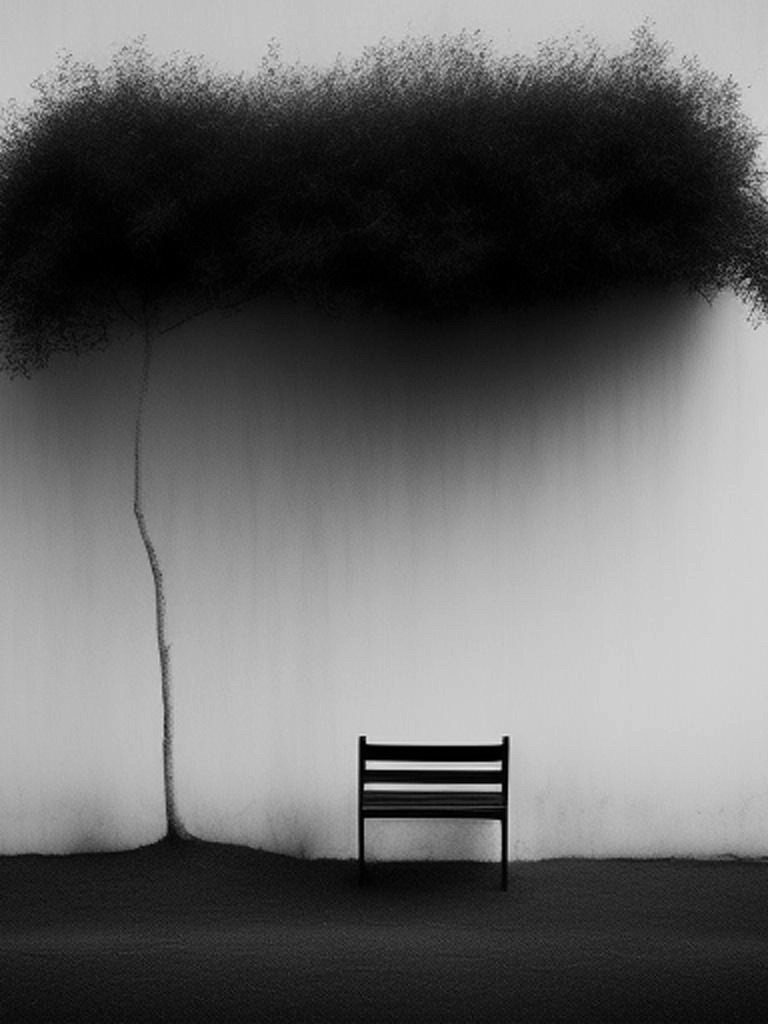
Between de Beauvoir and death, there is a non-simple relatedness, in which Sartre’s Being and Nothingness and Heidegger’s...
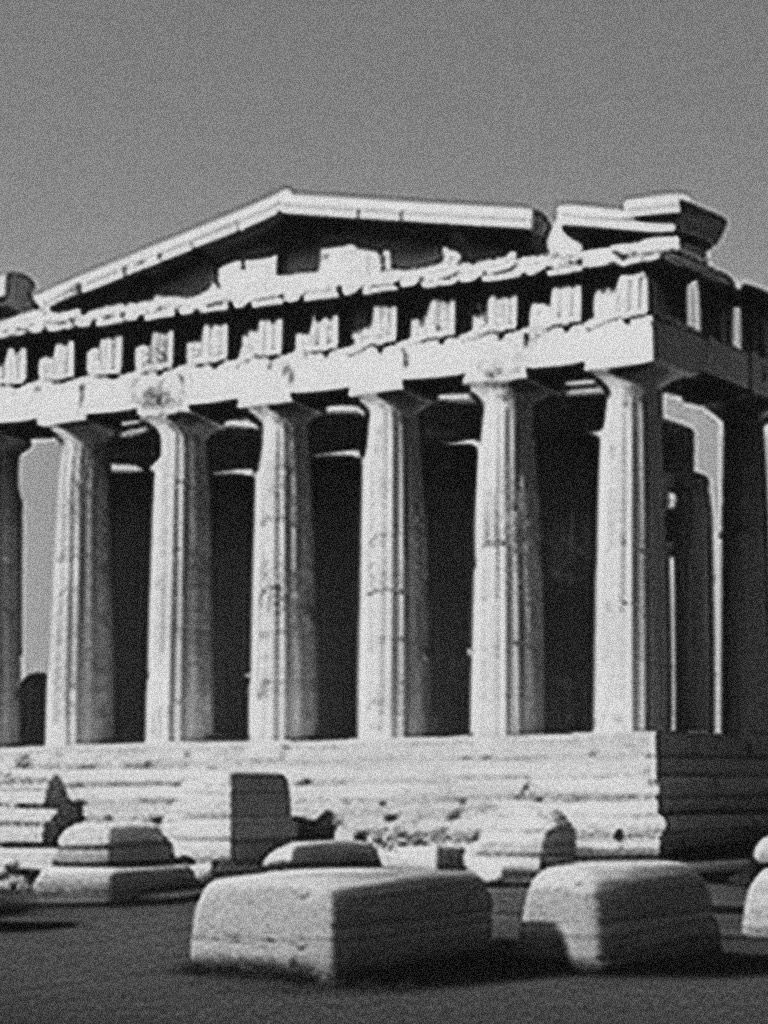
Between existentialism and the thinking-philosophizing of Socrates, there is a relatedness; that is, there are similarities, continuities, and...

Happiness, for us, is a feeling; short-lived or abiding. Happiness, for Plato and in ancient Greek thought, refers...

Heidegger thinks the authenticity and inauthenticity of Dasein from out of a specific relatedness into which he places...

Death is a recurrent theme in the thinking-philosophizing of Plato. The fear of death, Plato says, burdens humans...

Death is one of the questions around which the whole thinking of Heidegger revolves. Death is the inevitable...
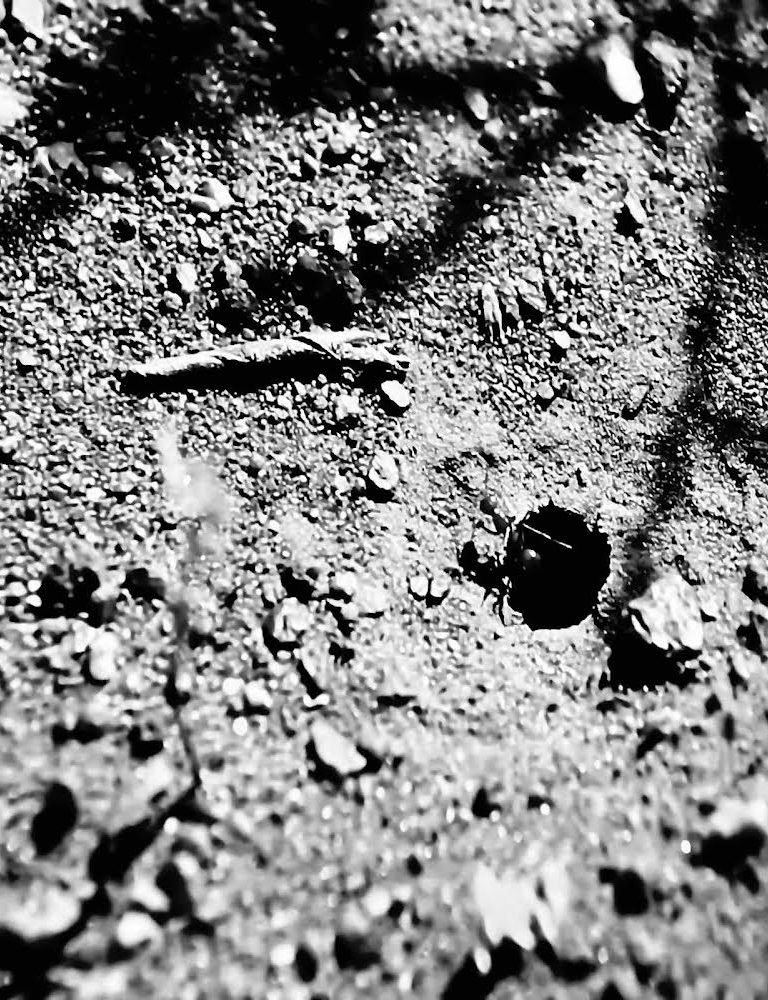
In Being and Nothingness, Sartre criticizes Heidegger’s conception of death in Being and Time and offers his own...
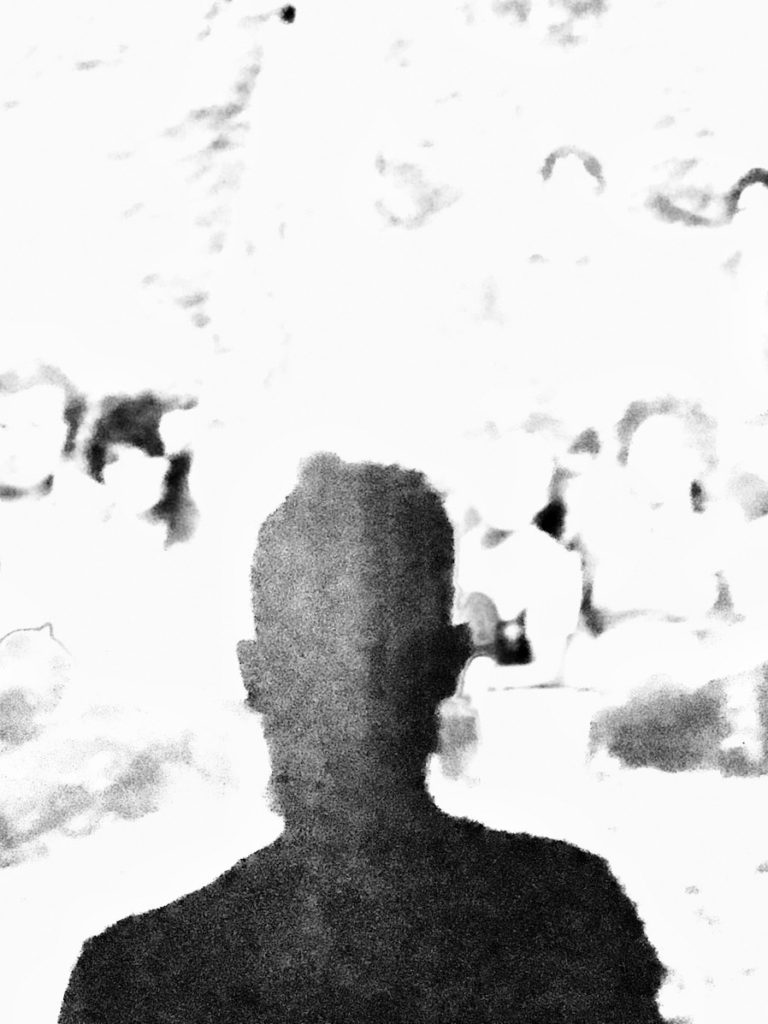
The absurd, for Camus in The Stranger as well as in The Myth of Sisyphus, is the meaninglessness...

Heidegger discusses death at length in Being and Time. This article introduces and explains Heidegger’s existential conception of...
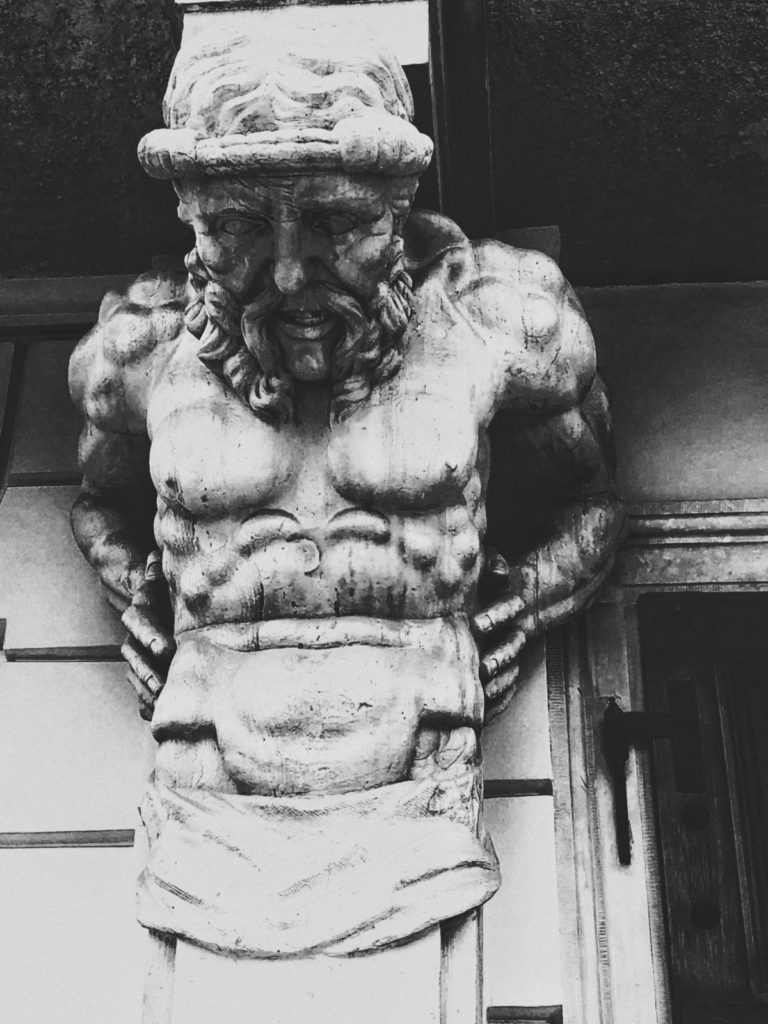
Camus begins The Myth of Sisyphus with the question of suicide, but it is the thought of the...
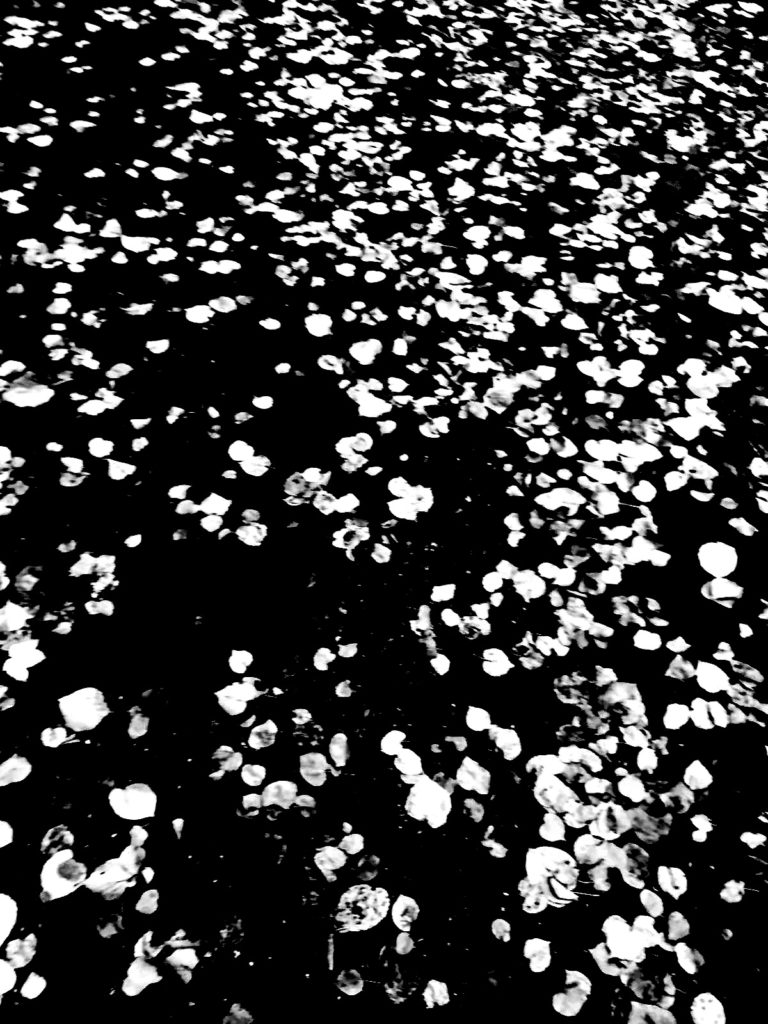
For Schopenhauer, death is central because it is linked with the “will-to-live”. Death also opens up a space...

Schopenhauer constructs a philosophical system around and upon what he calls the “will-to-live” and thus implies death and...